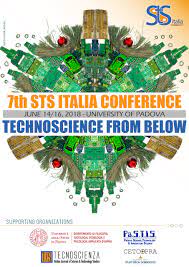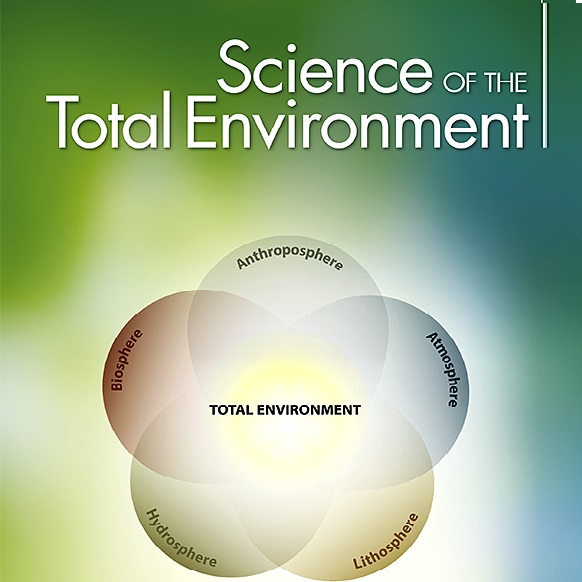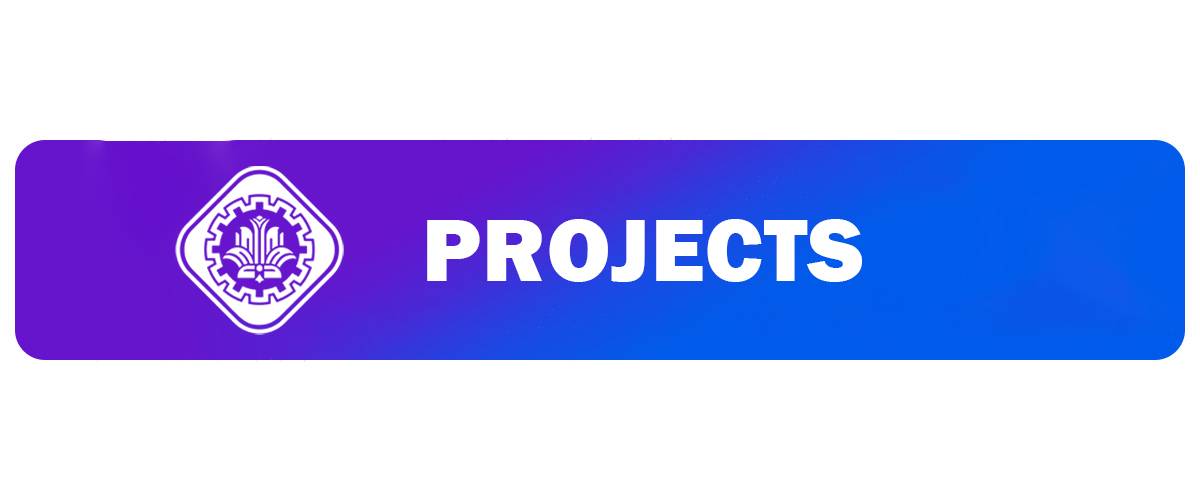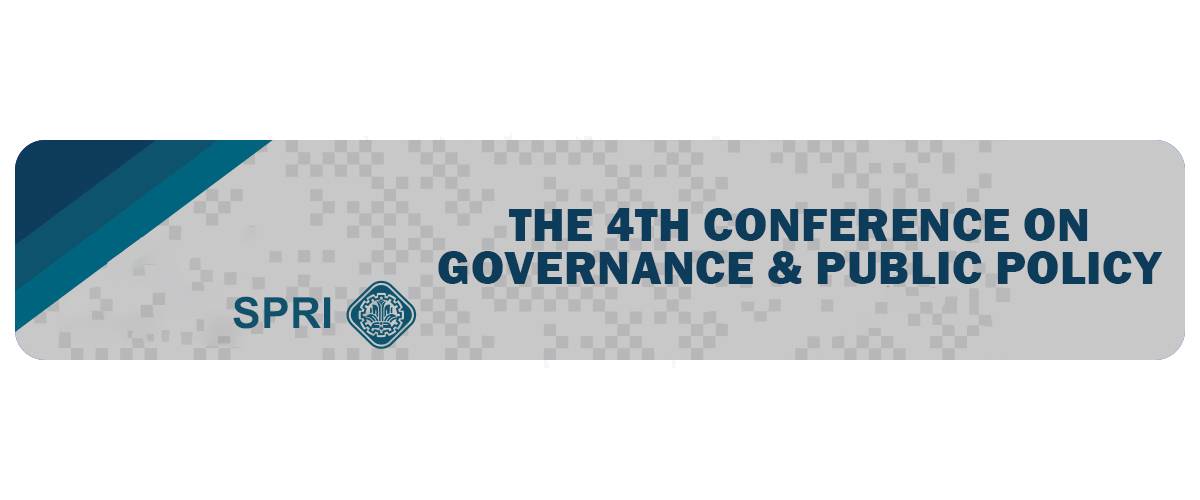Abstaract
Degree of collaboration among stakeholders (suppliers, procurer, buyers, users and innovation intermediator) is an important factor in differentiating different types of Public procurement for innovation (PPI). The present paper tries to shed light on reasons behind the unsuccessfulness of the informal collaboration of an innovation intermediator with a bureaucratic large public body (Iranian Ministry of Petroleum) in a technology-transfer-oriented PPI case in oil and gas industry of Iran. In 2015, The Research Institute for Science, Technology and Industry Policy (RISTIP) was asked by the public procurer to help it as an innovation intermediator with the logic, design and implementation of the innovation procurement, but with limited and blurred boundaries of responsibilities due to the newness of the initiative. Due to the blurriness and newness of the project, and also the character of RISTIP members, the RISTIP semi-voluntarily and gradually got involved into an informal collaboration with the public procurer to save the first-of-its-kind initiative in Iran. Progressively, it was felt that due to the power asymmetry and organizational culture of the public procurer, such an informal progressive collaboration on blurred lines of responsibilities and expectations would negatively affect the whole PPI process and innovation collaboration. Opportunistic behavior of the public staff coupled with the developing context of the country were postulated as the important outcome and contextual factor, respectively. Keywords: Progressive Informal Collaboration; Public Procurement for Innovation (PPI); Boundaries of Responsibilities; Bureaucratic Public Organizations.


 Ali Maleki
Ali Maleki Najmoddin Yazdi
Najmoddin Yazdi.jpg)






.jpg)